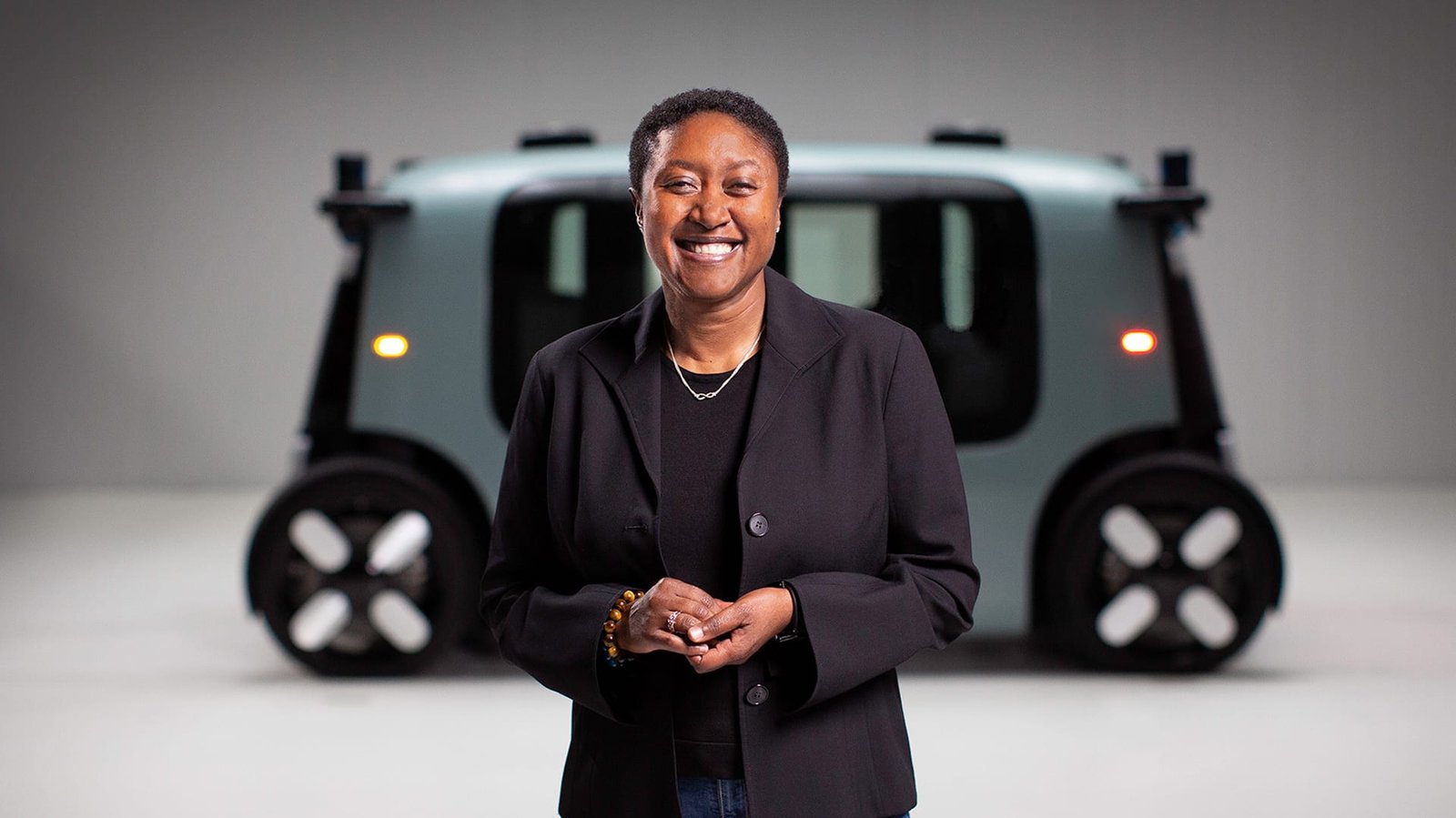As electric vehicles (EVs) continue to surge in popularity, the demand for more efficient and convenient charging solutions grows. While Tesla Superchargers have dominated the landscape, emerging technologies are poised to redefine the future of EV charging.
Emerging Charging Technologies
- Battery Swapping Battery swapping technology, particularly prevalent in Asia, is gaining traction as a viable alternative to traditional charging stations. In markets like India, companies such as Gogoro and Sun Mobility are investing heavily in battery swapping infrastructure, indicating a significant shift towards modular energy solutions.
- Vehicle-to-Grid (V2G) V2G technology allows EVs not only to draw power from the grid but also to supply it back. This bi-directional charging capability transforms EVs into mobile power sources, stabilizing the grid during high demand and storing excess renewable energy.
- Plug-and-Charge The plug-and-charge system simplifies the charging process by eliminating traditional payment and authentication methods. Embedded within the vehicle, this technology uses advanced cryptography for secure and effortless charging, enhancing user convenience and reducing station congestion.
- Wireless Charging Wireless or inductive charging is set to revolutionize EV charging by eliminating the need for cables. This technology, which uses electromagnetic fields to transfer energy, offers the convenience of charging vehicles without physical connectors, paving the way for potential infrastructure integrations like dynamic road charging.
Implementation Challenges and Future Prospects
While these technologies promise a more integrated and efficient future for EV charging, they come with challenges. High costs, technological complexity, and infrastructure demands pose significant hurdles. However, the gradual adoption and refinement of these technologies could lead to widespread changes in how we power our vehicles.
Implementing such advanced technologies requires robust support from both public policies and private investments. As countries and companies invest in these new charging paradigms, the landscape of EV charging is set to evolve dramatically, offering greater flexibility and sustainability.
As we move beyond Tesla Superchargers, the future of EV charging looks promising with innovations like battery swapping, V2G, plug-and-charge, and wireless charging. These technologies not only offer improved efficiency and convenience but also contribute to a more sustainable and resilient energy ecosystem.






























